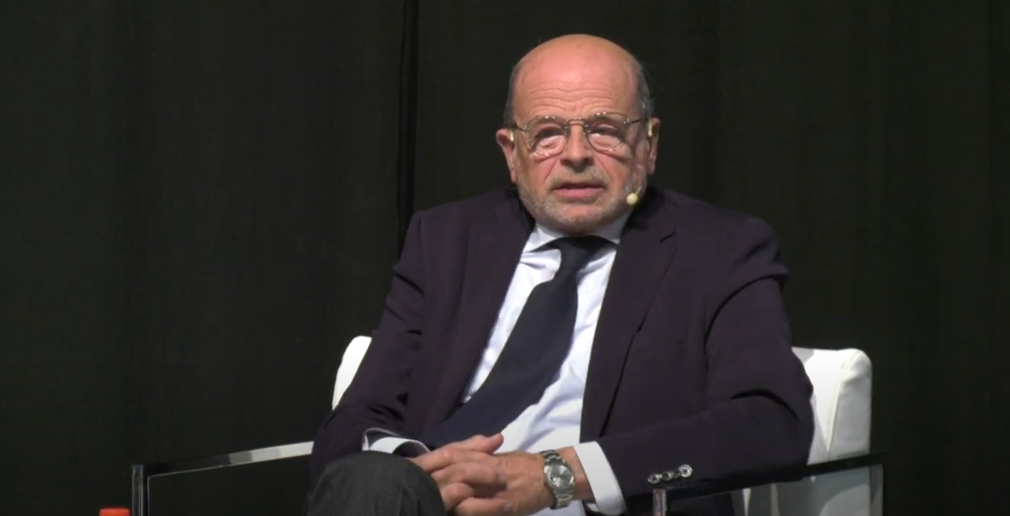The cancellation of the Lamb Festival in Morocco reflects the severity of the drought that the neighbouring country is going through. This decision has generated uncertainty in the Spanish sheep sector since, traditionally, Morocco imports around 850,000 live lambs for this celebration, of which 80% come from Spain.
José Friguls, president of ANAFRIC, has stated: “Although the cancellation of the Lamb Festival is an important fact, we trust in the adaptability of the Spanish sheep sector. These types of situations, although complex, have shown us in the past that the sector is very resilient and capable of quickly adjusting to new challenges.”

The Spanish sheep sector: an example of adaptability
Over the years, the sector has demonstrated a great capacity to adapt to market changes. Despite the temporary loss of an important market such as Morocco, Spanish producers have been able to reorient their efforts and take advantage of other commercial opportunities.
Challenges and new opportunities in the market
Although the news has affected the immediate marketing of live lamb, ANAFRIC is optimistic about the sector’s ability to diversify markets and add value to sheep and goat meat exports, something that the sector is already actively working on.
Although the cancellation of the Lamb Festival is a setback, the relationship with Morocco remains key to the future of the Spanish meat sector.
ANAFRIC will continue to work hand in hand with its partners and the authorities to find solutions and ensure that the Spanish sheep and goat sector remains competitive and sustainable in the long term.
















